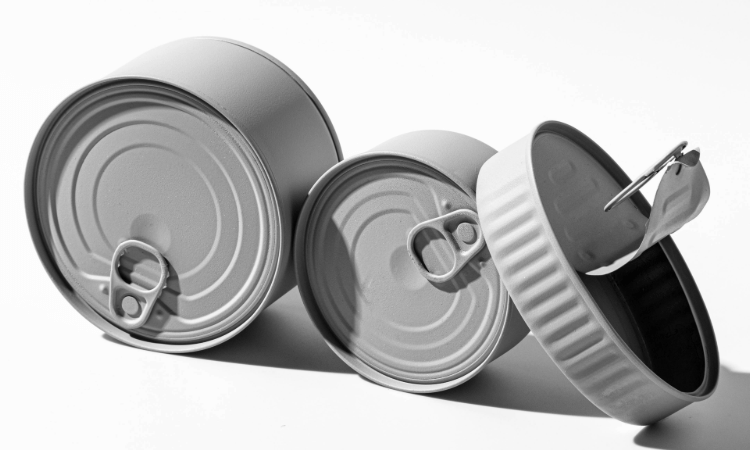
BLOG
KATEGORİDEKİ DİĞER YAZILAR

In food production, packaging and labeling products with the correct weight is crucial to ensure compliance with legal regulations and to maintain consumer confidence. In this context, gross and net weight control ensures that products are presented in the quantities specified on the packaging. Gross and net weight checks performed in food laboratories play an important role in protecting consumer rights as well as maintaining the quality and standards of products.
Gross weight refers to the total weight of a product with its packaging. The weight of the packaging is included in the actual quantity of the product (net weight). Gross weight is usually important for products where the packaging is used for protection and which need to be transported before they are put on the market.
Net weight is the actual quantity of the product without packaging or containers. It refers to the quantity that the consumer buys and takes for consumption. Net weight is a legal requirement to ensure that the quality and quantity of a product is reliable.
Tare refers only to the weight of the packaging. Subtracting the tare weight from the gross weight gives the net weight. This is a value that needs to be determined accurately because packaging materials can have different weights.
In food laboratories, gross and net weight checks are performed using a variety of precision balances and calibration devices. Ensuring accurate weight checks ensures compliance with legal regulations and builds trust between the producer and consumer.
Precision scales are devices that can measure weight at the milligram level. They are used for net and gross weight measurements of food products with high precision. For gross weight, the packaged product is weighed on the scale and the result is recorded. Then, the packaging is opened and only the product is weighed and this value is recorded as net weight. Provides measurement with high accuracy.
Automatic weighing systems allow automatic measurement of gross and net weights on the production line, especially in large-scale production. Products are automatically weighed as they move along the production line and packaging weights are separated using these systems. It saves time in high volume production and allows continuous weight control.
Periodic calibration should be performed to ensure the accuracy of the balances. The sensitivity of the instruments in the laboratory is verified using standard weights. Using a standard weight, it is placed on the balance and the accuracy of the measured value is checked. Reliable results in weight checks are achieved by ensuring accurate measurement.
Computer-aided software is used to record and analyze weighing operations. Gross, net and tare weights can be recorded and reported automatically. It provides ease of reporting and minimizes the margin of error.
Weight control is important not only to ensure that the product is presented in the correct quantity, but also to maintain consumer confidence. Matching products to packaging information ensures brand credibility. It also ensures that the consumer is confident that they are getting what they pay for. By complying with legal regulations, manufacturers are also protected from possible criminal sanctions.
In addition to food safety, packaging and weight controls are also important for sustainability. Overweight or underweight products can lead to wastage of energy and raw materials in the production process. Therefore, accurate weight control is also advantageous in terms of efficient use of resources.
Nanolab Laboratories Group continues to provide services within the scope of Food Analysis.
Contact us for more information.
You can follow us on LinkedIn for up-to-date news and posts about our services.
Follow our Instagram account to be informed about our latest blog posts.